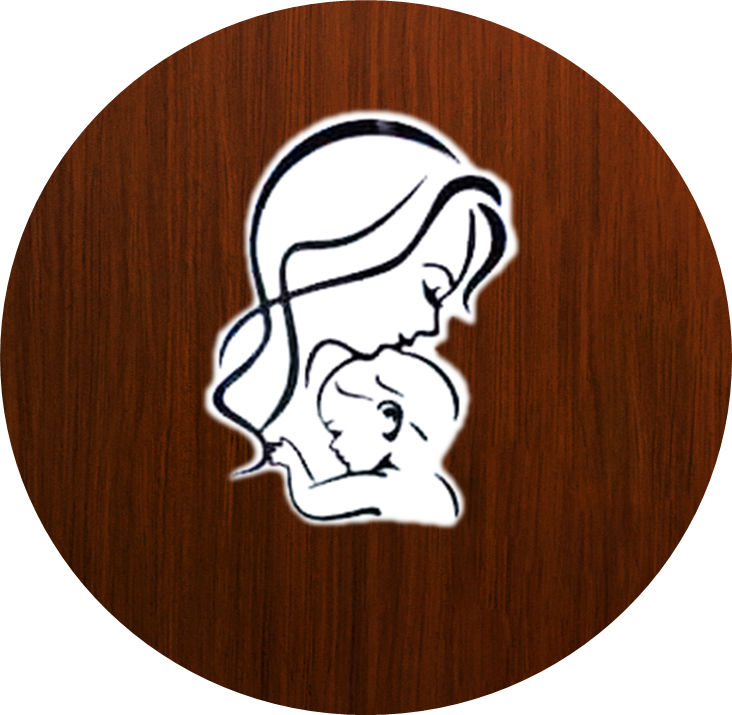Service
Antenatal and Postnatal Care
Many people are aware how important it is to maintain a healthy lifestyle during pregnancy, but often forget about prenatal and postnatal care. Preparing your body before pregnancy and helping it to heal afterwards should also be essential components of pregnancy care.
Definition
Prenatal care is the medical care that a woman receives during pregnancy or pre natal. It is important for a woman to receive regular prenatal care to ensure the health and well-being of both the mother and the developing baby.
Prenatal care usually begins with a visit to a healthcare provider as soon as a woman suspects she is pregnant or confirms the pregnancy with a home pregnancy test. The healthcare provider will perform a physical exam and order blood and urine tests to confirm the pregnancy and determine the due date.
During prenatal care, the healthcare provider will monitor the health of the mother and baby through regular check-ups and may perform tests, such as ultrasound and blood tests, to check the baby’s development and the mother’s health. The healthcare provider will also provide education and support to the expectant mother on topics such as nutrition, exercise, and childbirth.
It is important for a woman to receive regular prenatal care to ensure the health and well-being of both the mother and the developing baby.
Physical therapy is great for pregnant women and can benefit both you and your baby, during and after your pregnancy. The weight of a growing infant can cause lower back pain, leg pain, postural shifts or it can bring on pre-existing musculoskeletal issues forward that were there before the baby and are now contributing to pain or discomfort.
Atlantic Spine Center places emphasis on the comfort of the mother and child by providing knowledgeable women’s health experts and modern techniques. We are equipped to handle your pregnancy discomforts for the smoothest delivery possible. Some of the common pregnancy conditions we handle include during and after pregnancy include:
- Neck, mid to lower back pain
- Rib and chest pain
- Carpal tunnel
- Knee and patella problems
- Coccyx
- Sacroiliac Joint Pain
- DeQuervain’s Disease
- Diastasis Recti abdominis
- Tempomandibular joint pain
- Piriformis syndrome
Some pregnant women also participate in our comprehensive prenatal and postnatal chiropractic care, massage therapy and pain management programs. Ask our board-certified physician which programs are right for your needs.
What is Postnatal Care
Postnatal care is the medical care that a woman receives after giving birth or post natal. It is important for a woman to receive proper after birth care to ensure the health and well-being of both the mother and the newborn baby.
Postnatal care usually begins immediately after birth of the baby and may involve a stay in the hospital or a visit to a healthcare provider’s office. During postnatal care, the healthcare provider will check the mother’s and baby’s health and provide support and education on topics such as breastfeeding, newborn care, and postpartum recovery.
The healthcare provider may also provide guidance on contraception and family planning, as well as address any concerns or questions the mother may have about the postpartum period.
It is important for a woman to receive proper postnatal care to ensure the health and well-being of both the mother and the newborn baby. This may involve regular check-ups with a healthcare provider, as well as self-care and support from family and friends.
Prenatal Nutrition
Prenatal nutrition is an important aspect of prenatal care, as the health and nutrition of the mother during pregnancy can have a significant impact on the health of the developing baby.
During pregnancy, a woman’s nutritional needs increase to support the growth and development of the baby. It is important for a pregnant woman to consume a varied and balanced diet that includes a range of nutrients, such as protein, carbohydrates, fats, vitamins, and minerals.
Some specific nutrients that are particularly important during pregnancy include:
- Folic acid: This is a B vitamin that is important for the development of the baby’s neural tube, which becomes the brain and spinal cord. It is recommended that women consume 400 micrograms of folic acid daily during the first trimester of pregnancy.
- Iron: This is a mineral that is important for the production of red blood cells and the transport of oxygen to the baby. Pregnant women need more iron to support the increased blood volume during pregnancy.
- Calcium: This is a mineral that is important for the development of the baby’s bones and teeth. Pregnant women need more calcium to support the baby’s growth and to maintain their own bone health.
Prenatal Supplements
In some cases, a healthcare provider may recommend the use of prenatal supplements to help ensure that a pregnant woman is getting enough of certain nutrients. Prenatal supplements are formulated specifically for pregnant women and may contain a range of nutrients, such as folic acid, iron, and calcium. It is important to discuss the use of prenatal supplements with a healthcare provider before starting any new supplement regimen.
